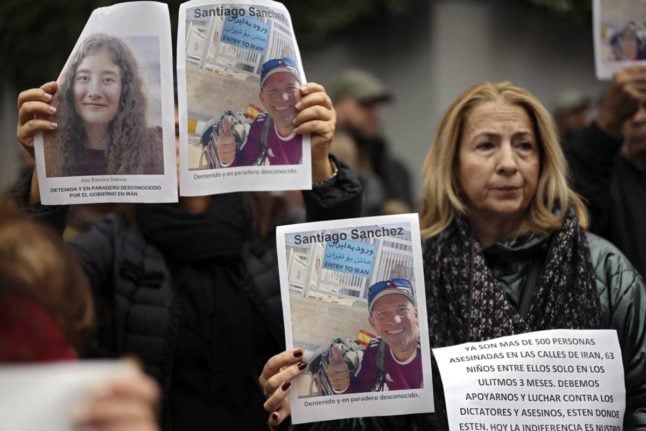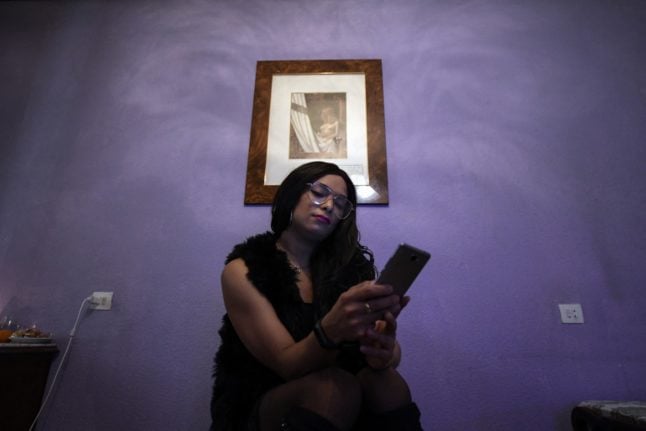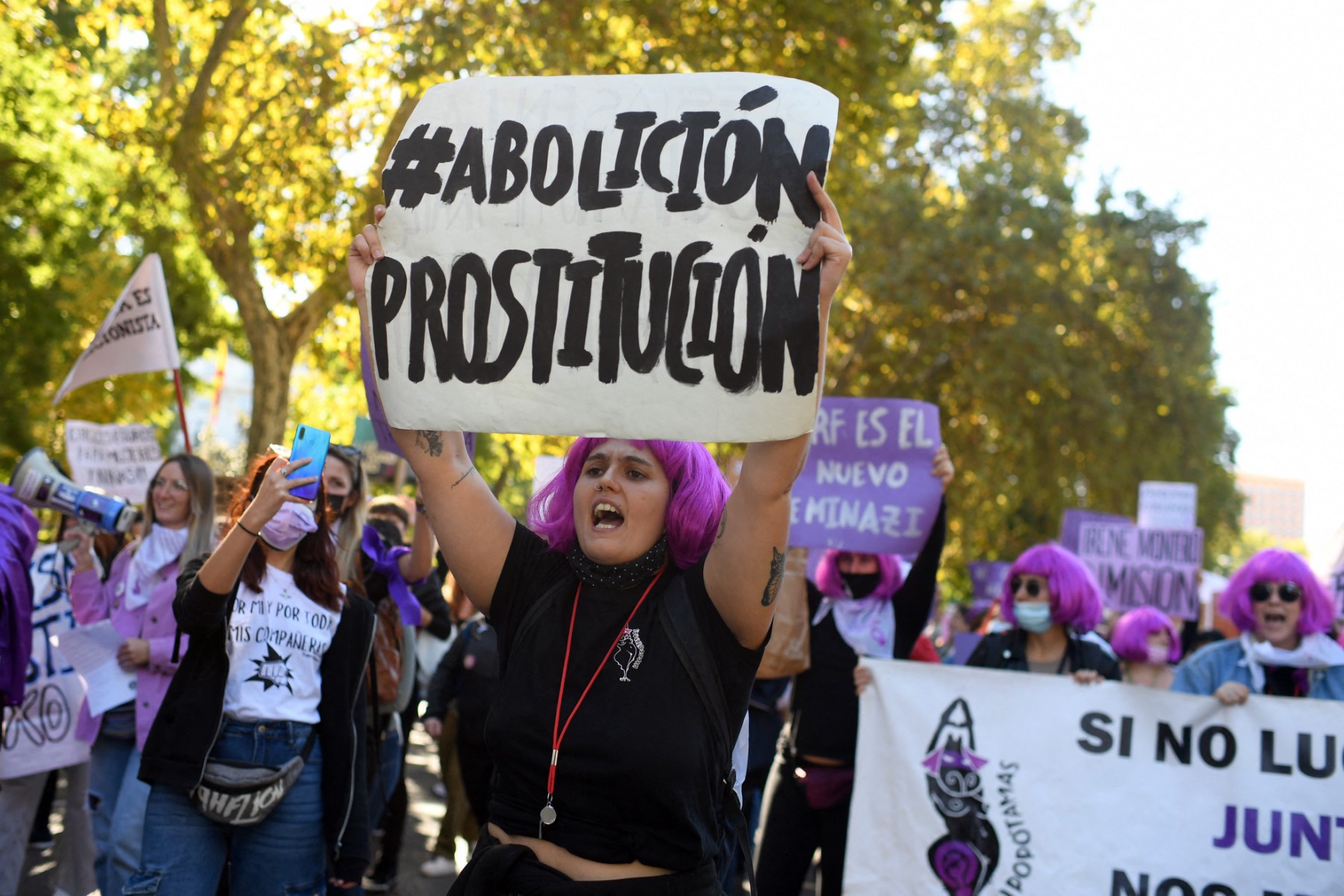Santiago Sanchez Cogedor was held as protests were roiling Iran after the death in custody of the young Iranian Mahsa Amini, arrested for allegedly violating laws requiring women to cover their heads.
She fell into a coma after what her family said was mistreatment and died in hospital, sparking the unrest.
“The embassy of the Islamic Republic of Iran is pleased to announce the release of Santiago Sanchez Cogedor, the only Spanish citizen detained in Iran,” the Iranian embassy in Spain posted on social media.
“His release comes amid friendly and historic relations between the two countries and in accordance with the law,” the embassy added.
The royal house of King Felipe VI celebrated Sanchez Cogedor’s “return to Spain for the New Year” in a post on social media.
Sanchez Cogedor had entered Iran months after the football fan embarked in January 2022 on a long trip by foot toward Qatar to attend the World Cup in November-December.
His family lost all trace of him some weeks before the tournament started.
His last message documenting his adventures on Instagram appeared on October 1, when he wrote that he was in a village in northern Iraq and headed for the Iranian border.
A voicemail to his parents later broadcast by a television station said he was in Tehran headed for the port of Bandar Abbas, in the Strait of Hormuz, from where he intended to take a boat for Qatar.
Some days later his parents learned via the Spanish foreign ministry of his arrest, his mother Celia Cogedor told AFP in late October.
Iran is known to be holding more than 10 Western nationals, and governments and NGOs accuse Tehran of using them as bargaining chips for its own nationals.
Amini’s death became the symbol of a protest movement against enforced wearing of the hijab, and the ensuing repression of protests saw hundreds of deaths and thousands of arrests.
Tehran has accused the United States of fomenting the protests and had announced in September 2022 the arrest of nine foreign nationals from several European states including France, Italy and Poland on the alleged grounds they were linked to the protests.




 Please whitelist us to continue reading.
Please whitelist us to continue reading.
Member comments